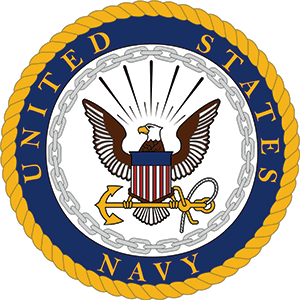ABOUT JSOC
- Origins after Failure: The Joint Special Operations Command (JSOC) was established in 1980 in direct response to the failed Operation Eagle Claw, the mission to rescue American hostages in Iran. The operation's shortcomings highlighted the need for a unified command to coordinate elite special operations forces.
- Highly Secretive: JSOC is one of the most secretive military organizations in the world. Its operations, personnel, and structure are highly classified, and often not even mentioned in official Pentagon documents.
- Direct Action Elite: JSOC oversees the U.S. military’s premier counterterrorism units, such as Delta Force (1st SFOD-D), SEAL Team 6 (DEVGRU), the 24th Special Tactics Squadron, and the Intelligence Support Activity (ISA).
- Osama Bin Laden Raid: JSOC units, primarily SEAL Team 6, executed the 2011 operation that killed Osama bin Laden in Abbottabad, Pakistan, one of the most famous special operations missions in history.
- International Collaboration: JSOC routinely works with allied special operations forces from countries like the United Kingdom (SAS/SBS), Australia (SASR), and Canada (JTF2) on joint missions and training.
- Task Force Black and Task Force 121: JSOC-led task forces in Iraq and Afghanistan have played a crucial role in capturing or killing high-value targets, including Saddam Hussein and Abu Musab al-Zarqawi.
- Advanced Technology: JSOC units are often the first to test and implement cutting-edge military technology, such as stealth helicopters, advanced night vision, and unmanned aerial systems.
- Global Reach: JSOC maintains the capability to deploy anywhere in the world on extremely short notice, often operating in non-permissive environments where other U.S. forces would not be sent.
- Counterterrorism Focus: After 9/11, JSOC became the central hub for the U.S. military’s global manhunting efforts, developing a “find, fix, finish, exploit, analyze, and disseminate” (F3EAD) methodology that revolutionized special operations.
- Leadership Pipeline: Many high-ranking U.S. military leaders, such as Generals Stanley McChrystal, William McRaven, and Joseph Votel, served as JSOC commanders, shaping both the unit and wider special operations doctrine.

